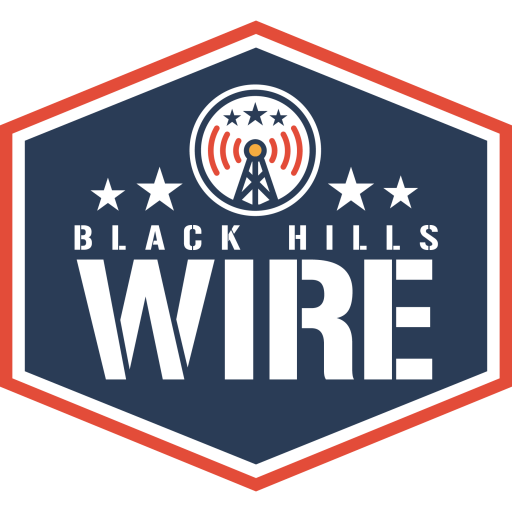From World War II to Present Day Ellsworth: The Doolittle Raiders
December 7th is Pearl Harbor Day—a day that saw one of the largest American death tolls in the history of our nation. We had not yet entered World War II, which made the attack by the Japanese all the more unexpected. Pearl Harbor on the island of Oahu was a primary base for our naval forces due to its strategic location close to the Pacific theater. This also made it easier for Japanese forces to reach, part of why it was chosen for the attack.
By the end of the day, 2,403 Americans were killed, including 1,177 from the sunken USS Arizona. Within hours of the attack, neighboring Canada declared war on Japan, and the United States declared war the next morning, officially entering World War II. President Franklin D. Roosevelt’s speech declared that December 7 was a “date which will live in infamy” in one of the most impactful presidential speeches to date.
What came after Pearl Harbor Day was a period of American solidarity and purpose. Once we had officially declared war, our efforts ramped up and our nation mobilized more than ever before. One particular incident has ties to Ellsworth Air Force Base: the Doolittle Raid.
Then Lieutenant Colonel James Doolittle was in charge of organizing and executing the attack, which involved using B-25 bombers to strike the Japanese mainland. While not strategically important, the psychological effects of showing that Japan was within our reach was huge: Doolittle himself recounted that the point of the attack was to boost American morale after Pearl Harbor, as well as instill fear and doubt in the Japanese people. The mission was successful, and American morale soared
The connection to Ellsworth lies in the heraldry of the units that are currently stationed here. There were four squadrons that participated in the Doolittle Raid, and three of them now call Ellsworth home: the 34th and 37th bomb squadrons, and the 89th attack squadron. Combined, the three units supplied 9 of the 16 aircraft used in the raid. Not only that, two of the men were South Dakota natives: navigator Henry Potter, and pilot Don Smith. This history will continue at Ellsworth, as the incoming B-21 bomber is also nicknamed “Raider” in honor of the Doolittle Raiders.
As we approach the 80th anniversary of Pearl Harbor, it’s important to reflect on where we’ve come from as a nation. We appreciate all that our military members do for us, and honor the sacrifices they—and generations before them—have made in service to our great nation.
